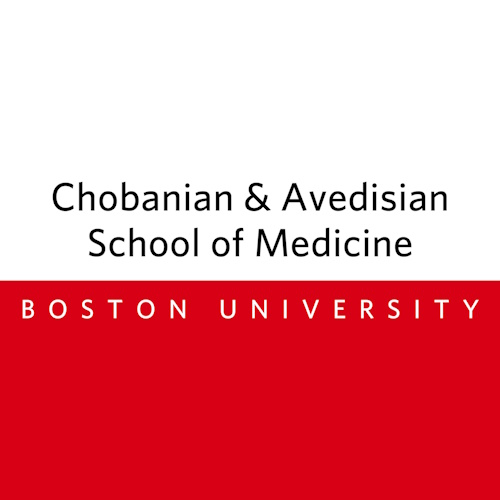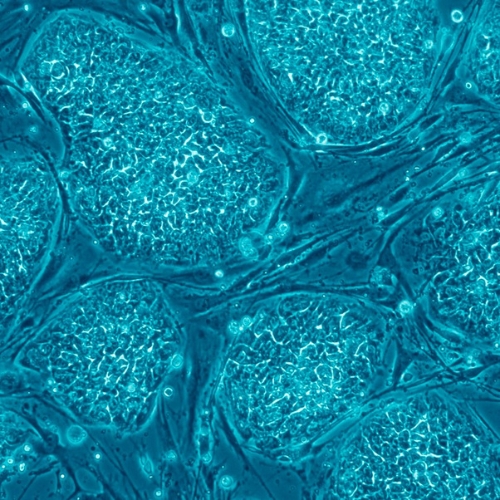Key points from article :
Scientists have taken a significant step toward understanding how some people live exceptionally long and healthy lives. A team led by Thomas Perls, Professor of Medicine and Geriatrics at Boston University Chobanian & Avedisian School of Medicine, and Dr. George Murphy, a stem cell biologist, has reprogrammed stem cells from centenarians—people aged 100 or older. These "superagers'" stem cells were restored to a state where they can become any type of cell in the body, paving the way for groundbreaking insights into how cells age and resist diseases like Alzheimer’s.
Professor Perls, who leads the New England Centenarian Study, the world’s largest research initiative on people aged 100 and older, highlights how centenarians naturally slow ageing and compress the period of disease and disability toward the end of life. Since its inception in 1995, the study has enrolled 2,500 centenarians and their offspring, helping scientists unravel the genetic and biological mechanisms behind extraordinary longevity.
The ability to reprogram stem cells is transformative for ageing research, Perls explains. By bypassing animal testing, scientists can now directly study human brain cells from centenarians to uncover the mechanisms that protect them from age-related diseases. This approach could accelerate discoveries by years, offering new hope for understanding and potentially mitigating ageing's impact.
In a collaborative spirit, the Boston-based team is sharing its banked centenarian stem cells with scientists worldwide. Perls believes these cells are an invaluable resource for advancing research into ageing and related diseases. While ageing itself cannot be "cured," Perls emphasizes that science can help reduce its effects, enabling people to live longer, healthier lives.






